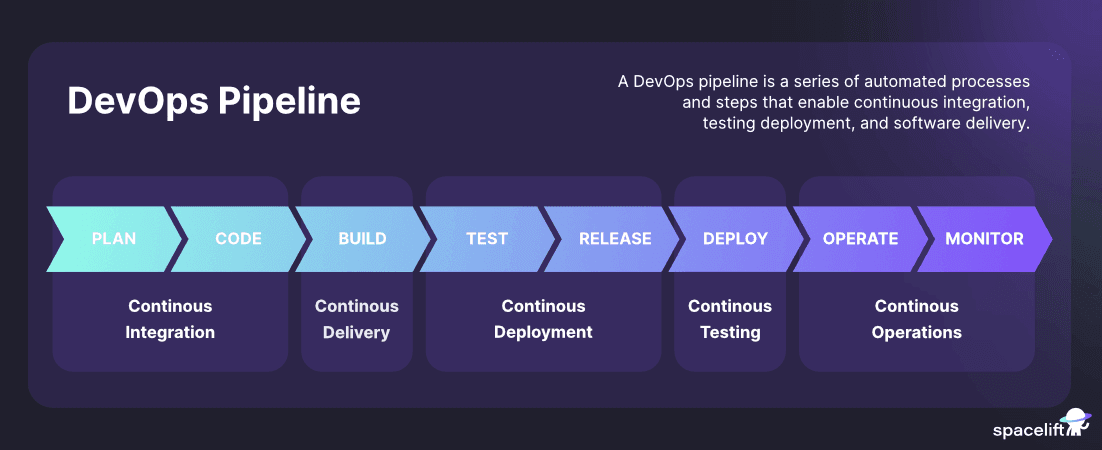My Recommended List
These vendors passed the four requirements on my criteria list:
Relevant: They all offer certification opportunities that are relevant to anyone who is a tech professional.
Available: They all make their training and certification opportunities relatively available to anyone willing to learn.
Prevalent: They all offer certification opportunities for services, tools, and platforms that are industry-leading and widely adapted.
Reputable: They all offer certification opportunities that are largely known, respected, and trusted by the industry.
This is going to be a very short list. This does NOT mean that you should only focus on the ones listed here. This simply means that if you are looking for a place to start, then you cannot go wrong with any of them.
I’m not going to say too much about each one. Check them out and see for yourself!
Cybersecurity
Mostly vendor-agnostic and highly respected. There are many options to choose from when it comes to getting certified in cybersecurity, but I think these are at the top.
CompTIA
There are many companies that require an active Security+ from CompTIA before administrative access can be granted for compliance reasons. If you’re looking to jump into cybersecurity and want to get certified, I’d start here. They also specialize in foundational tech certifications, but those are only going to be helpful for someone trying to transition into tech support from outside of the industry.
GIAC
Training for GIAC certification is not cheap, but there are 3rd party options for learning what is needed to pass the exam. GIAC is a part of the for-profit SANS Institute, which might explain why their training is so overpriced. Regardless, they’re much more legitimate than other for-profit vendors that charge slightly less.
ISACA
ISACA is a well-established cybersecurity certification vendor. The CISM and CISA are some of their more well-known certifications.
ISC2
ISC2 is another established and respected cybersecurity certification vendor. The CISSP and CCSP are very much sought after.
OffSec
OffSec certifications are much more practical. Expect copious amounts of hands-on experience while training for their certifications.
DevOps
DevOps is all about being proficient in a multitude of tools and services. To get certified in some of the most commonly used ones at each level of the typical CI/CD pipeline, look no further.
It could be argued that these are also relatively niche. I don’t believe that is the case. These tools are extremely common in many DevOps environments. I’ve tried to include tools and services commonly used at each stage in the typical CI/CD pipeline.
Cloud Native Computing Foundation
CNCF is a part of the Linux Foundation, and offers certifications for Kubernetes, Prometheus, Argo CD, and more. Check out the Kubestronaut program and earn a sleek jacket for holding all of the Kubernetes certifications!
Link to website: Cloud Native Computing Foundation
GitLab
GitLab offers several certifications related to their comprehensive CI/CD platform. Even if an organization does not use GitLab, they are still likely to want someone with Git skills.
HashiCorp
HashiCorp is most known for Terraform, but they also offer certifications for Vault and Consul.
Mirantis
Mirantis acquired Docker Enterprise, and is the de facto certification vendor for Docker. There are not many things that have been more transformative to IT infrastructure than Docker in this millennium.
Platforms
The big three in public cloud computing plus Cisco, the largest computer networking company in the world. There are other players in this field, but no others are as dominant as the ones listed here.
Amazon
AWS is the biggest, most innovative public cloud provider at the moment. AWS began out of necessity as Amazon’s ecommerce business was massively expanding. The tech stack at that time simply could not handle the scaling requirements that Amazon required. AWS began with SQS for message queuing and S3 for object storage. Today, there is a service for just about anything.
Cisco
The undisputed king of networking. The network is at the heart of everything.
While Google is firmly in third place behind AWS and Azure in public cloud market share, there are still many businesses and organizations that rely on GCP.
Linux Professional Institute
Vendor-neutral way to prove your advanced Linux skills. If you only are considering one Linux certification, it might be better to just stick with CompTIA’s Linux+. The offerings from LPI will be more challenging, which is usually a good thing!
Microsoft
Microsoft’s certification offerings have changed significantly in the past 15 years. The MCSA and MCSE were some of the most popular tech certifications at one time, but they were phased out so Microsoft could focus more on Azure.
